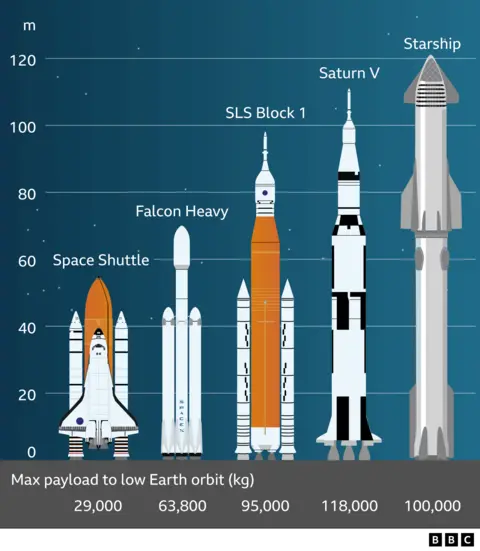The U.S. space agency NASA has blocked Chinese citizens with valid U.S. visas from accessing its facilities, a move that effectively bars them from contributing to one of the most prestigious space research organizations. Reports indicate that Chinese nationals, previously allowed to work at NASA as contractors or students, were informed on September 5 that they would no longer have access to the agency's systems and facilities.
NASA confirmed the restriction, stating that Chinese nationals would be denied access to the agency's 'facilities, materials, and networks' to protect the security of its work. This shift comes as concerns escalate over China’s accelerating space program, which has raised alarms within the U.S. regarding technological competition between the two leading economies.
Furthermore, Chinese astronauts have been excluded from participation in the International Space Station (ISS) due to legislative restrictions barring NASA from sharing its data with China. The latest actions illustrate a continued decline in scientific collaboration, compounded by national security apprehensions.
As both Washington and Beijing strive for technological supremacy, mutual wariness has intensified, leading to increased scrutiny of Chinese nationals in the U.S., particularly within the fields of science and technology. There have also been various incidents of alleged espionage, specifically involving scientists, which have added to the tension.
Although it remains unclear how much notice NASA provided to affected Chinese nationals, reports suggest that many abruptly discovered their access to essential data systems was denied and were barred from attending relevant meetings.
NASA spokesperson Bethany Stevens confirmed that actions were indeed taken regarding access for Chinese nationals, which included restricting both physical and cybersecurity access to its facilities. China's ambitions in space are well-documented, and the competition for lunar exploration has underscored the evolving nature of this global rivalry.
In a recent press conference, NASA’s acting administrator, Sean Duffy, remarked, 'We’re in a second space race right now,' emphasizing the urgency for the U.S. to secure its position in space exploration ahead of China. Furthermore, lawmakers in the U.S. are increasingly vocal about the importance of maintaining a foothold on the moon, stressing that American national security could be at stake if adversaries gain significant capabilities in space.
The escalated race for the moon is not just about exploration; controlling its resources, such as rare minerals and helium, also weighs heavily in the stakes of this competition.





















